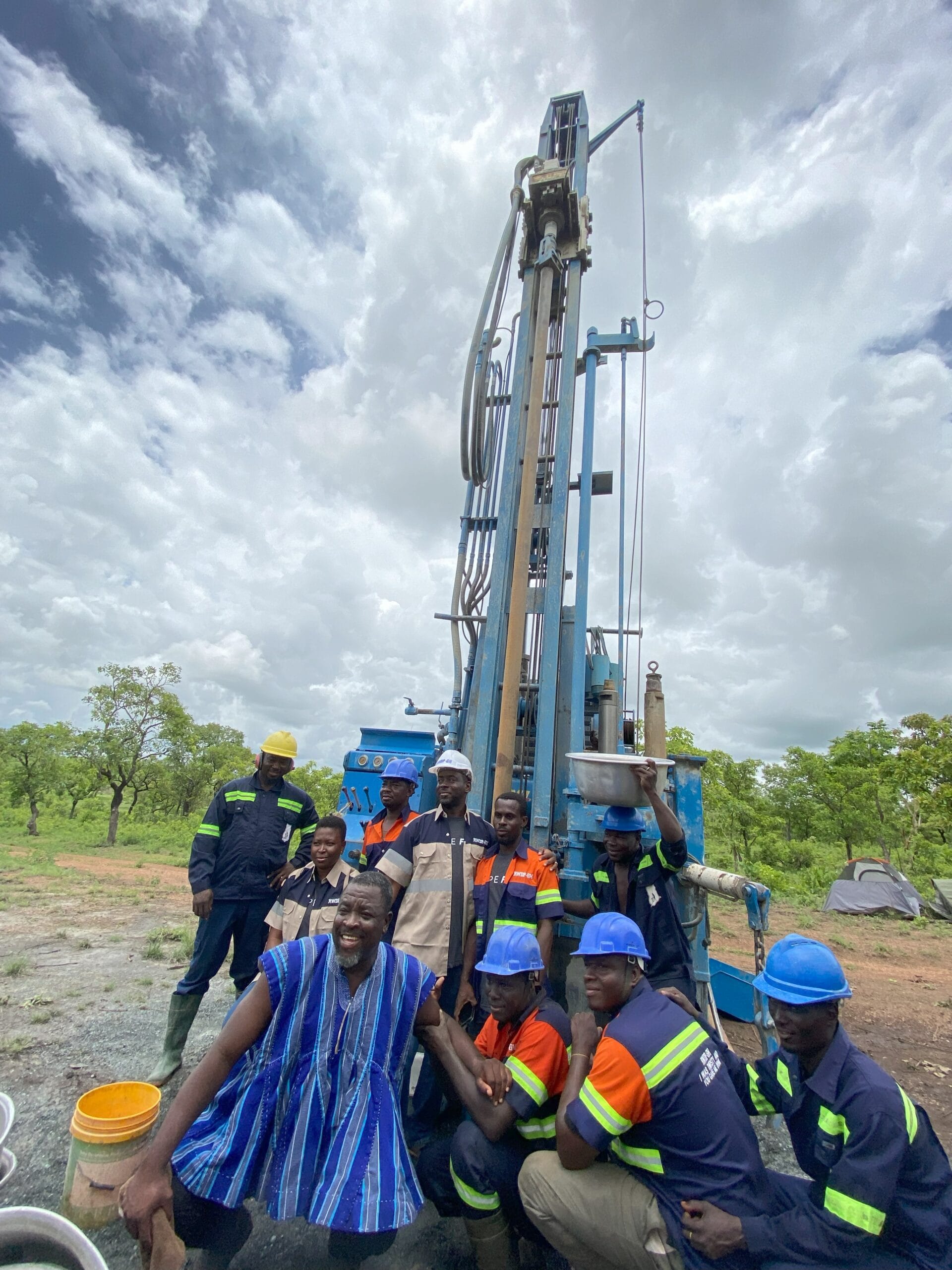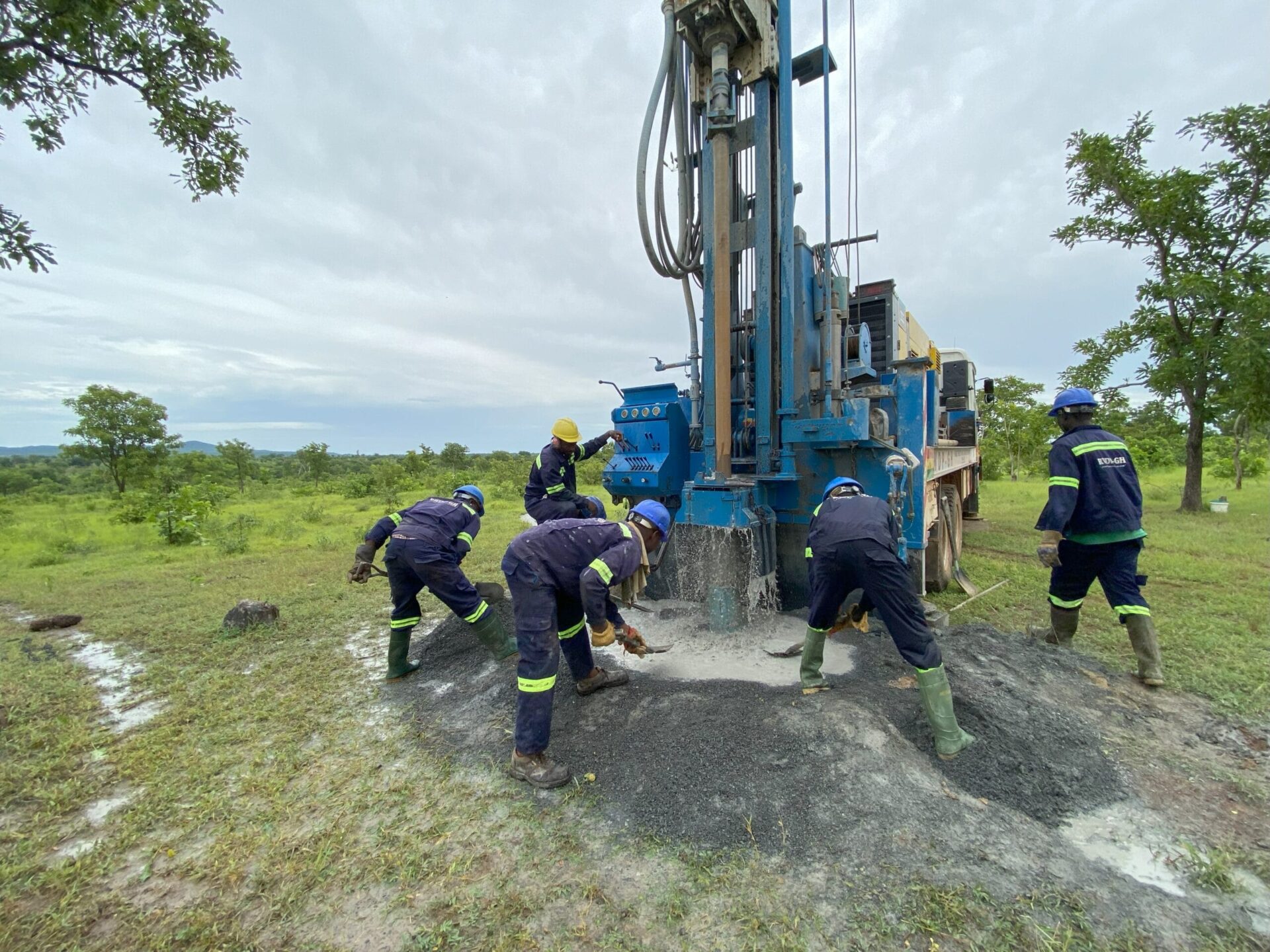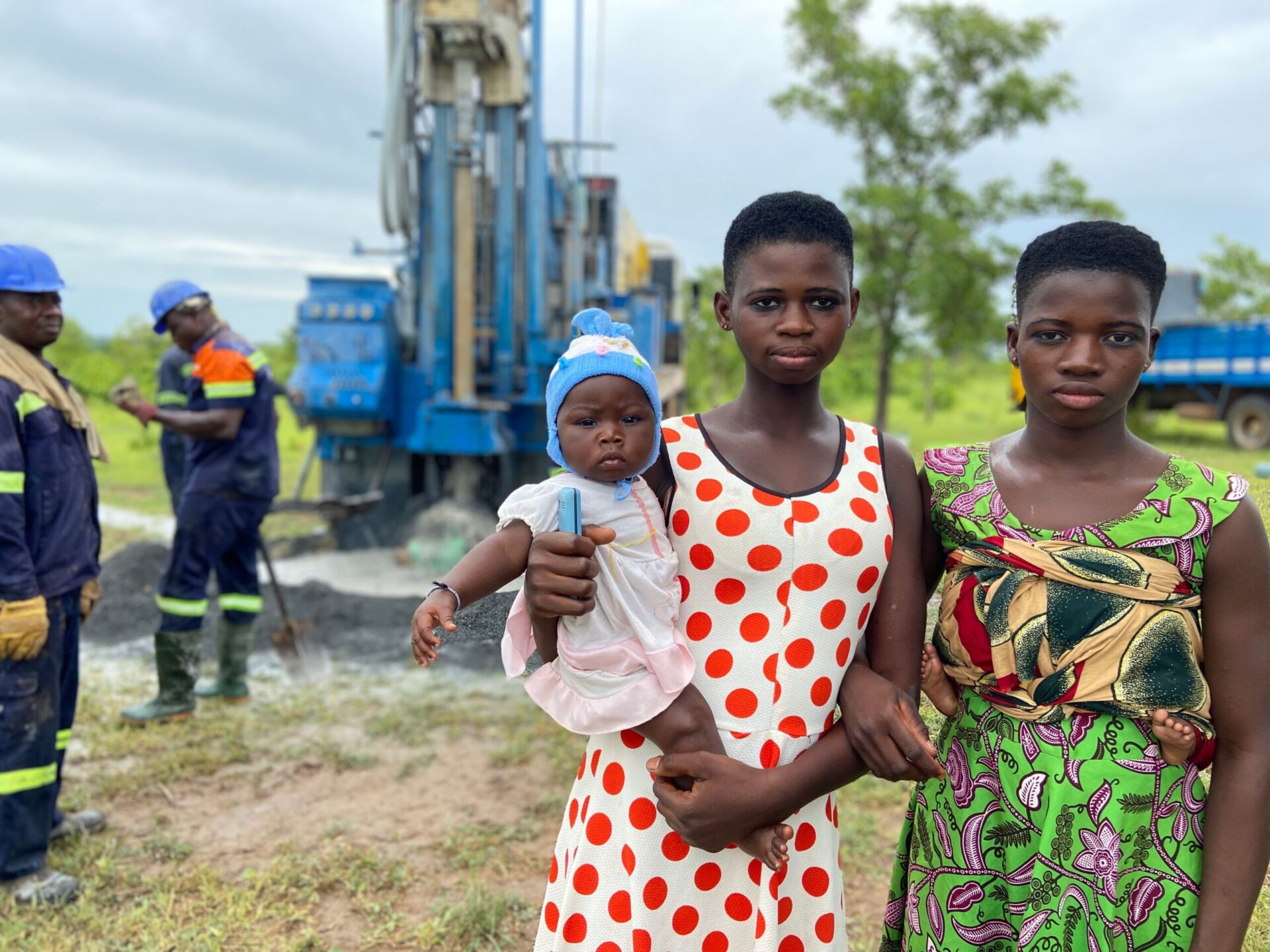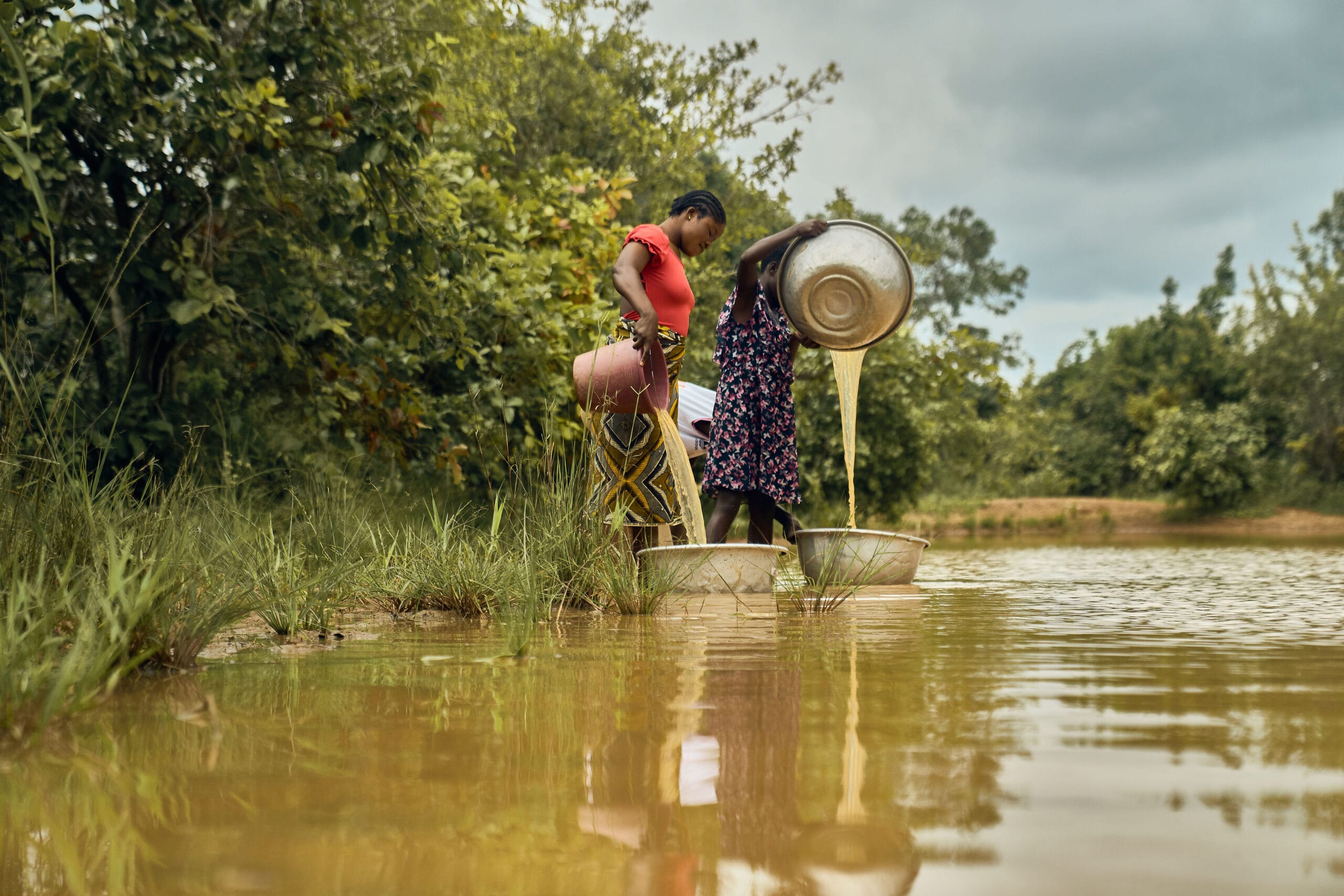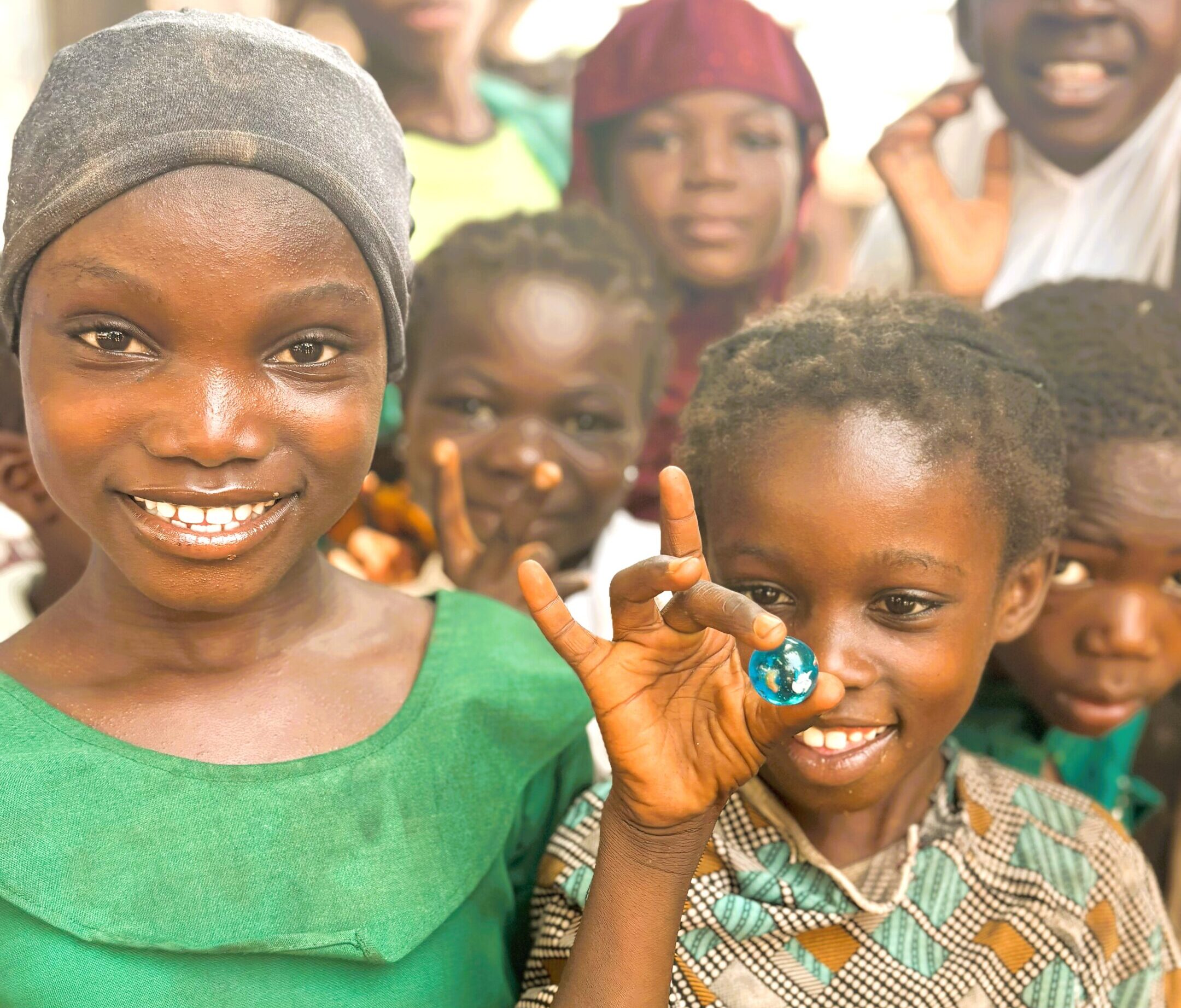Economic Growth through WASH Programs
Water for West Africa, in partnership with RWDP-GH and UNICEF Ghana, is transforming lives by creating dignified jobs and driving economic growth in the Water, Sanitation, and Hygiene (WASH) sector across West Africa. These programs do more than just provide clean water; they empower local communities by offering employment opportunities that foster skills development and long-term livelihoods. From drilling technicians to community hygiene educators, Water for West Africa equips individuals with the expertise needed to sustain critical WASH infrastructure.
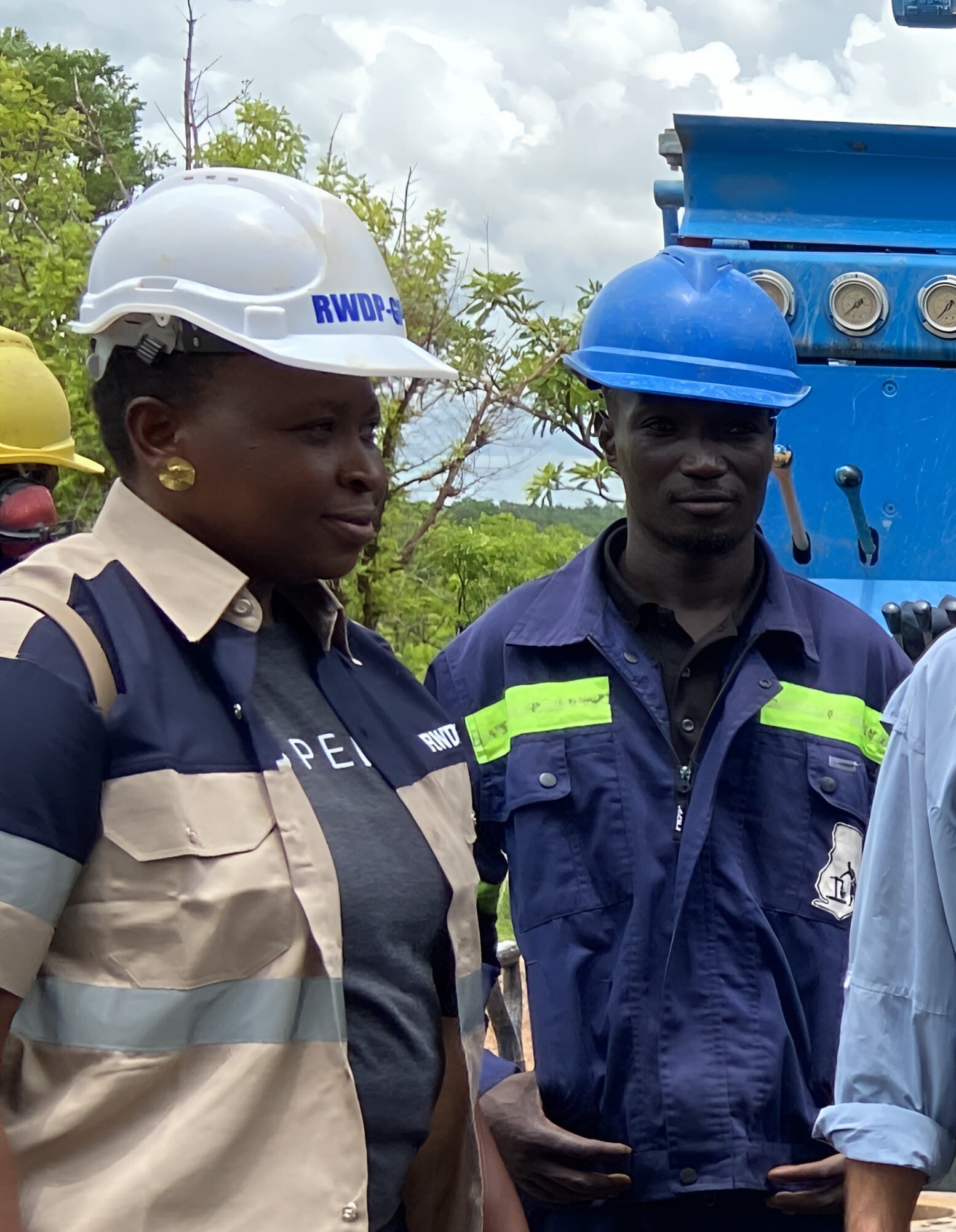
Women in Leadership Roles and Impact on Communities
Focusing on women in leadership roles for WASH brings transformative benefits that extend well beyond individual families. Women leaders in WASH not only empower local economies and foster community pride, but they also strengthen long-term sustainability by training local technicians, both women and men, to install and maintain essential water systems. This focus on female-led capacity-building ensures that knowledge and skills remain within the community, creating a reliable foundation for sustainable infrastructure.
By achieving economies of scale, these WASH programs multiply their impact: as more communities gain access to safe water, sanitation, and hygiene, public health markedly improves. This reduces healthcare burdens, boosts productivity, and nurtures a more resilient workforce. Access to clean water translates into healthier communities, consistent school attendance, and vibrant local markets—collectively driving economic growth and community well-being.
WFWA and WASH Catalyzing Economic Progress
Water for West Africa is helping to meet basic needs and catalyzing economic progress by fostering job creation and sustainable development throughout the region. Investments in these programs are designed to provide immediate access to clean water and sanitation and establish systems that can be maintained and managed by the communities themselves.
- Local Capacity Building: WASH programs train local technicians and community members to install, maintain, and repair water systems, which ensures long-term functionality. By equipping people with the necessary skills, WASH initiatives reduce dependence on external support, making the projects self-sustaining.
- Community Ownership: WASH programs encourage local involvement and ownership of water and sanitation infrastructure. When communities are actively engaged in the planning and implementation processes, they are more invested in maintaining the systems and ensuring their success over time.
- Health and Economic Benefits: WASH improves public health through access to clean water and sanitation. It reduces the incidence of waterborne diseases, leading to fewer healthcare costs and increased productivity. This healthier environment fosters a more robust local economy.
